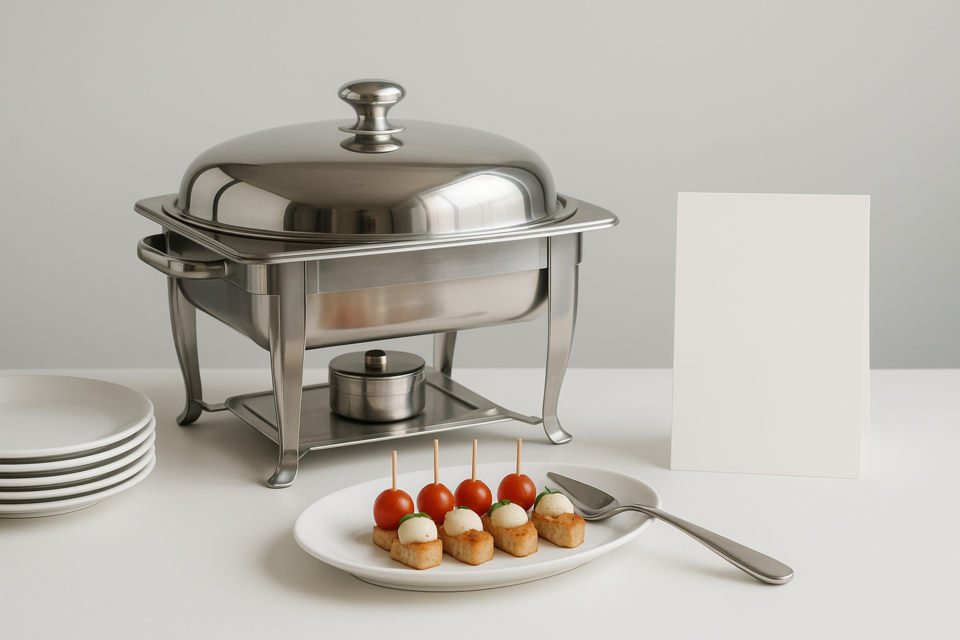Catering
Master the Art of Culinary Excellence
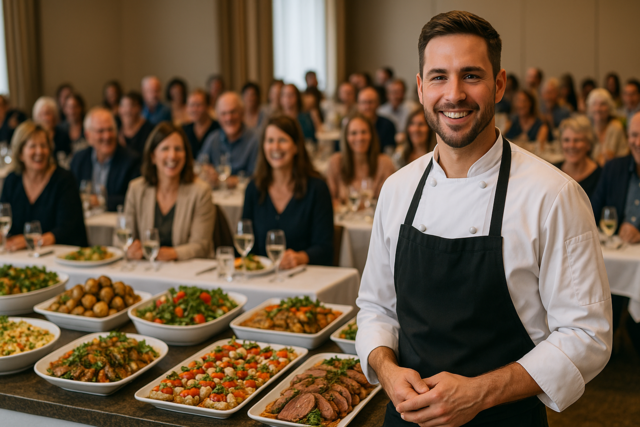
5 Hours average completion time
0.5 CEUs
11 Lessons
23 Exams & Assignments
37 Discussions
11 Videos
12 Reference Files
85 Articles
Mobile Friendly
Last Updated February 2026
Imagine the satisfaction of seeing your creativity and effort culminate in a room full of happy faces. Picture the pride of transforming simple ingredients into extraordinary memories. Now, imagine doing this not just for friends or family, but for hundreds of clients who trust you to bring their most important events to life. This isn't just catering--it's an opportunity to turn your passion into an unforgettable brand. It's a calling to not only serve exquisite dishes but to create experiences that matter.
Our course is more than a lesson in the kitchen. It's a journey, designed to transform your culinary passion into a profitable, fulfilling business. This isn't about following recipes; it's about building a business that stands out in a crowded market. From a robust understanding of food safety to the subtle art of pricing and communication, you'll master every skill that takes you from simply being a good cook to a great business owner.
What makes this course truly exceptional is its blend of practical expertise with creative exploration. You'll uncover the secrets to crafting perfect menus that tell a story and resonate with your clients' desires. You'll learn how to curate events that not only meet but exceed client expectations, making each meal a statement of excellence. You'll discover how to build relationships with clients that last long after the plates are cleared, turning one-time customers into lifelong advocates for your brand.
But this isn't just about business strategy or culinary techniques--it's about confidence. Confidence that comes from understanding not just what to do, but how to do it well. You'll leave this course with the clarity to navigate logistics, the insight to manage a team under pressure, and the knowledge to safeguard your reputation by consistently delivering on your promises.
By enrolling in this course, you're choosing to take control of your future. You're not simply joining a class; you're becoming part of a community of aspiring caterers who are redefining what it means to turn a dream into reality. You'll engage with passionate instructors who've been where you are and know what it takes to succeed. And you'll emerge not just equipped, but empowered, with a plan in hand and the skills to execute it.
If you're ready to step up, to elevate your love of food into something more, this course is your starting point. Seize this moment to build a business that not only thrives but also inspires. Become a master of catering, and let your culinary journey begin today.
- Financial planning and budgeting proficiency
- Operational efficiency and logistics
- Business strategy and management acumen
- Food safety and hygiene expertise
- Marketing and brand development
- Adaptability under pressure
- Event planning and execution skills
- Client relationship management
- Creative menu design capabilities
- Communication and negotiation prowess
-

Image Consultant
-

Community Development 101
-

The Art of Setting Goals
-

Candle Making
-

Home Safety
-

Etiquette Consultant
-
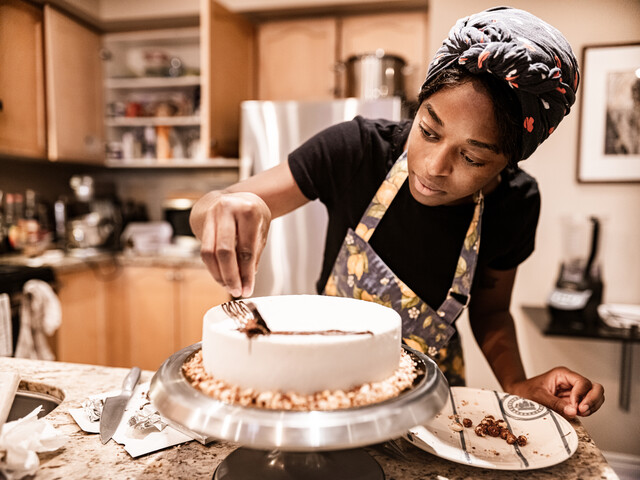
Cake Decorating
-

Wedding Traditions Around the World
-
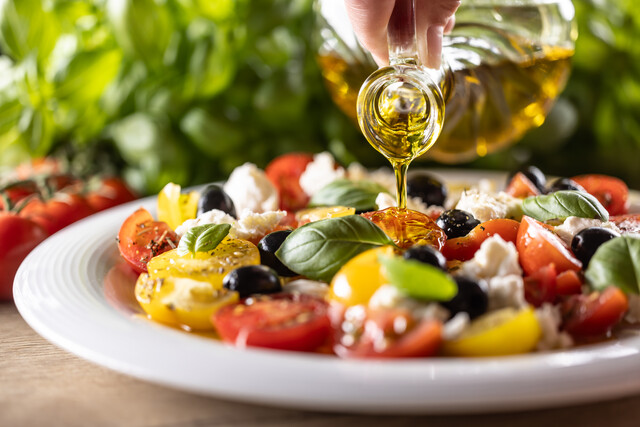
Italian Cooking 101
-

Nutrition 101
-

How to Decorate a Room
-

Buying and Selling Antiques and Collectibles
-

Party Planning 101
-

Soap Making Mastery
-

Cooking and Baking 101
-
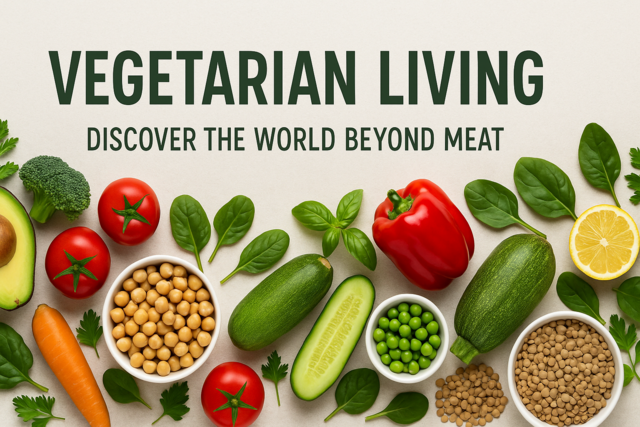
Vegetarian Living: Discover the World Beyond Meat
-

Spanish Culture 101
-

Event Planning 101
-

Tea Party Mastery: From Brew to Ambience
-

Special Events Planning
-
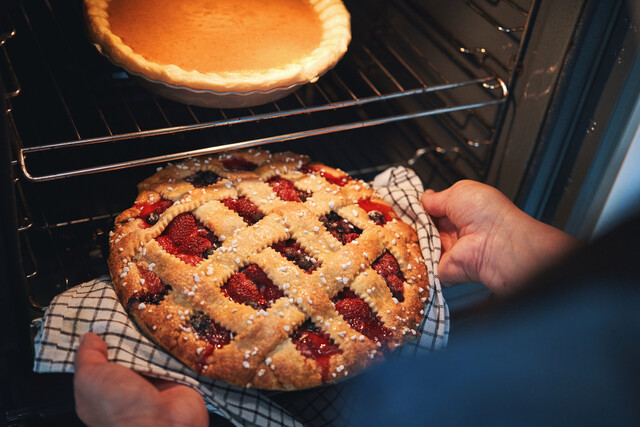
Pie Baking 101
-

How to Bake Cookies
-

Event Management Course Bundle
-

Tex Mex Cooking 101
-

Wedding Planning 101
